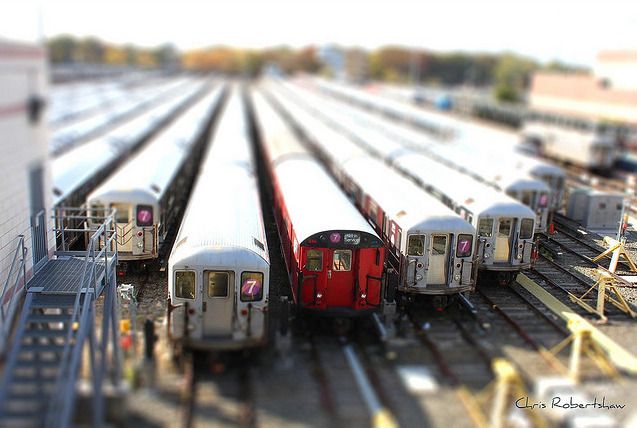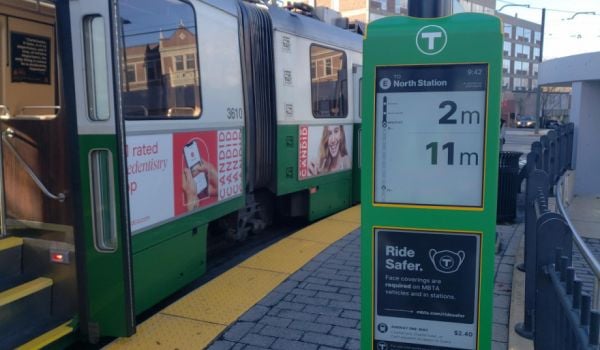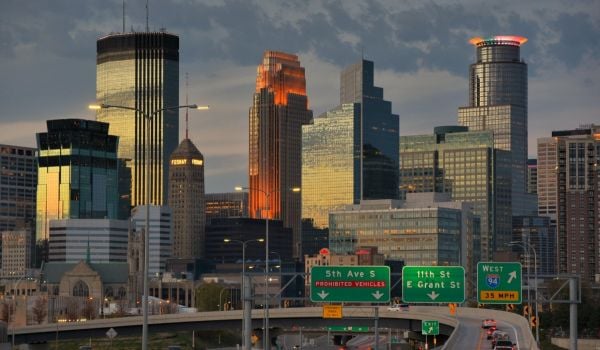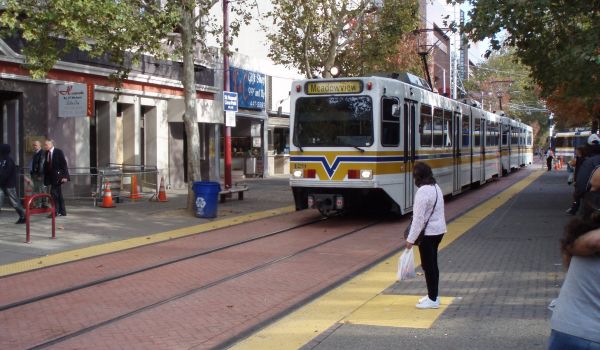It was exactly the conversation I begged for seven months ago: A real dialogue between candidates for political office on the issue of transportation improvements. Well, almost. Instead of discussing how best to expand the transit network through the construction of new lines or the promotion of cheaper fares, the New York gubernatorial debate was more like a free-for-all: Who could most effectively demonstrate his or her hatred for the local transit agency, the Metropolitan Transportation Authority (MTA)?
In general, the candidates were under-informed, and it showed: They repeated the baseless claim that the MTA has “two books” and they suggested that the agency’s financial problems could be solved were it simply to be under better management. Tell that to the succession of agency bosses who claim to have had no recourse but to increase fares and decrease service, year after year.
One line of argument made by some candidates, however, counterintuitively had a lot more logic: Abolishing the MTA altogether. It’s a wild suggestion at first glance. Would that mean ending transit operations? Would that mean selling off the public’s infrastructure assets? Of course not.
But it would allow the State of New York — and many others like it across the country — the chance to reconsider the manner in which their transit systems are governed. Right now, everyone seems to agree, something about them doesn’t work. It’s time to consider alternatives.
At the heart of the problem is the fact that the MTA, like so many similar public agencies, is an authority — a governmental organization that operates slightly outside of the direct control of elected officials. Though members of the agency’s board are nominated by the governor and its financing is attributed by the state government, the board can act independently. In some ways, this shields politicians from blame; when there is a fiscal crisis at the transit agency, they can claim that it is the “fault” of the MTA, not the state legislature. On the other hand, this allows funding difficulties to become only worse, since no one elected feels the public pressure mounting. And yet the MTA itself is helpless when it comes to money limitations, subject to the whims of the state legislature’s allocations.
Thus “eliminating” the MTA could actually mean bringing it under the direct control of the same state officials who are responsible for paying for its operations. If trains aren’t running on time or there is fewer funding for buses, there is someone to blame: The politician who should be making sure this doesn’t happen, not the MTA. If you’re in favor of transit, it’s hard to miss the appeal of this argument, since it could motivate significant increases in spending on transit.
Of course, moving the MTA into the political sphere would not be a panacea. An anti-transit state body or governor, lacking enough political will from the public, could shut down expansion programs or eliminate service.
Nevertheless, the option is worth considering; increasing the ability of citizens to exercise power over the own government through the processes of elected representation — currently not occurring in the MTA — is a worthwhile cause. If the people want something, they should be able to point their collective finger, demand it, and eventually get it. The current situation, in which the finger is pointed at the incorrect organization, is not sustainable.

Yonah Freemark is a senior research associate in the Metropolitan Housing and Communities Policy Center at the Urban Institute, where he is the research director of the Land Use Lab at Urban. His research focuses on the intersection of land use, affordable housing, transportation, and governance.
















